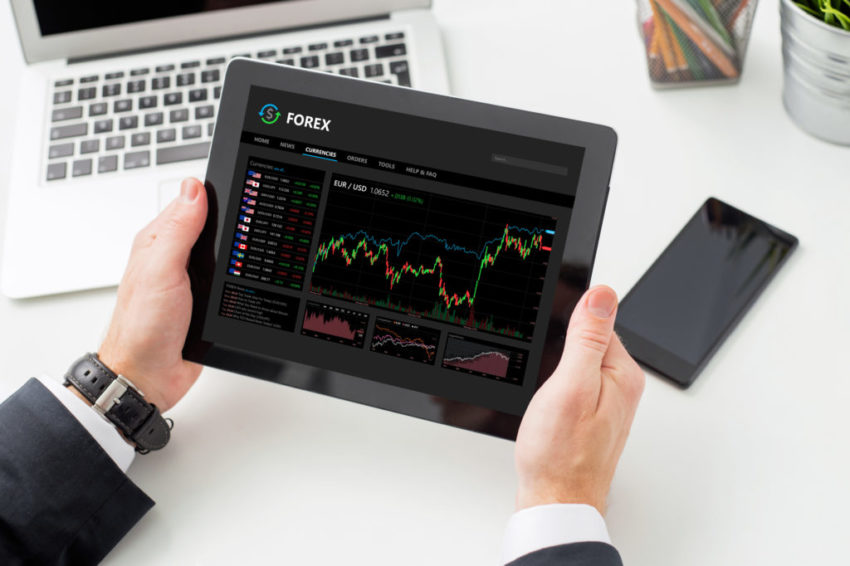The world is going through a rapid shift currently, with massive economic transformations, political changes, and innovations happening all the time. Although there has been some uncertainty in the investing and trading space recently, many experts agree that now is the perfect time to start getting involved with the currency space.
Forex, or the art of being able to make money on fluctuations in the prices of currencies, is a fantastic wealth-building opportunity for people from all sorts of different backgrounds. It’s one of the most accessible environments for beginners, and it’s surprisingly easy to understand once you get a hang of the basics. Here’s what you need to know about the basics of forex.
What Influences the Exchange Rate? Trade Balance
There are various factors that can improve your chances of success in the forex space. Everything from finding a reliable broker, to learning how to place orders quickly, choose platforms, and make decisions at the right time of day could influence how much you make. Once you get onto a forex brokerage, the next step is figuring out which factors are going to influence where you spend your cash. Trade balance between nations is one major factor. Many nations have different preferences when it comes to exporting and importing products.
If you put yourself in the shoes of a major exporting country, you probably wouldn’t want your currency to be particularly strong, because this would dissuade international buyers from purchasing your services. However, if your currency is weak compared to the countries that buy from you, they’ll be better equipped to spend more on acquiring your goods. Alternatively, net importers are more likely to benefit from a stronger local currency compared to the countries they’re buying from.
Other Influential Factors in Forex
Of course, it’s not just the trade balance and the strength of the currency in each environment that makes an impact on your online forex trading. Central bank interventions can also have a strong influence on the money you make. Government banking institutions, like the U.S. Federal reserve or Bank of China could tweak or manipulate the value of the nation’s currency. This kind of interference often takes place most in highly communist socialist economies with central control. The open societies with freely elected leaders are much likely to see fewer manipulations from central banks, although that doesn’t make such manipulation impossible.
What’s more, local fiscal policy requirements and inflation targets can make a difference to currencies too. The U.S., for instance, regularly sets fiscal policies including employment goals, and inflation targets that impact the value of the dollar against other currencies. Purchasing power parity is another consideration. If one dollar was worth the same as a British pound, it makes sense to think that a consumer product in England would cost the same as it does in the US. However, true purchasing parity doesn’t always follow this rule.
Some forex traders use a concept called the Big Mac Index to guide decision making by determining how the purchasing power of the country or location connects with the overall value of a specific currency. While this index isn’t an exact way to measure the value of each currency, it does offer a valuable warning signal for traders that need to determine when two connected currencies are out of kilter based on the standard exchange rate. As with all kinds of technical assessments in trading, it’s important to be cautious when using strategies like this, and back up your assumptions with as much extra data as possible.
Benefiting from Forex
Forex and currency trading might sound like complex things at first, but they’re actually easier to get your head around than most people think. Once you get a decent understanding of currency fundamentals, and you know how to use your brokerage system to buy and sell currencies at the correct time, you can begin to practice your money-making strategies. Notably, you will need to back up your knowledge with relevant information in the context of when you’re trading.
Although some technical analysis that looks at historical factors and trends can help to guide you when you’re getting started in forex, the currencies market hinges very heavily on the news and the changes of the moment. If you’re planning on investing in currencies as part of your wealth-building portfolio, it’s a good idea to have a way of keeping up to date with all the latest news and insights. Your brokerage system might even offer you instant news reports on the currencies you’re tracking.


